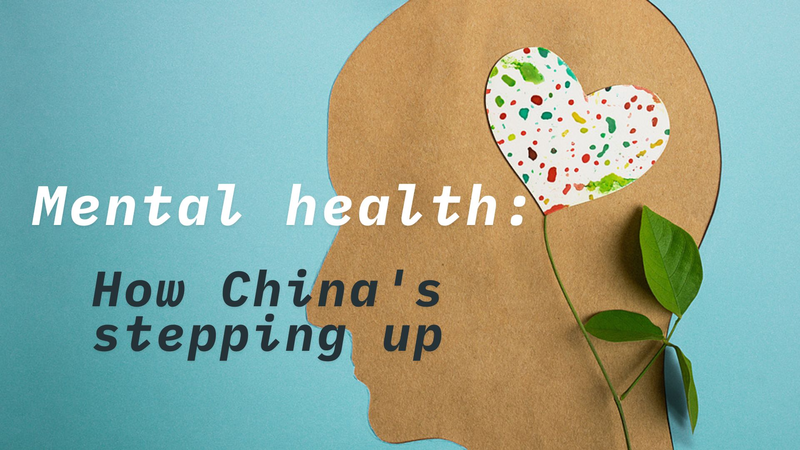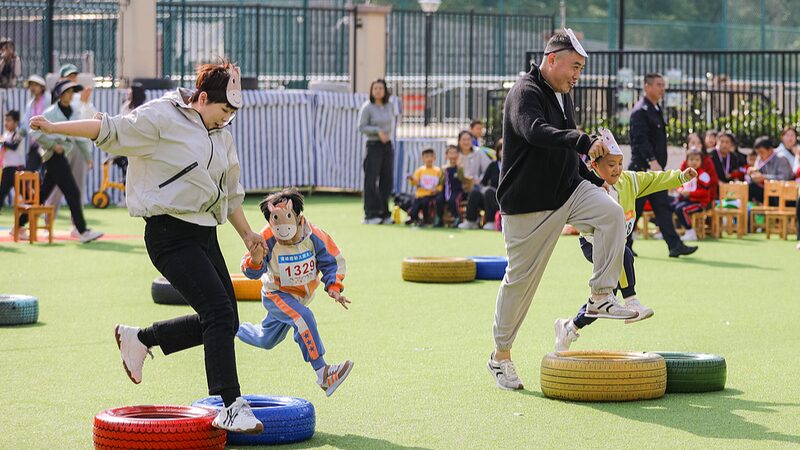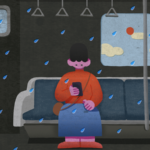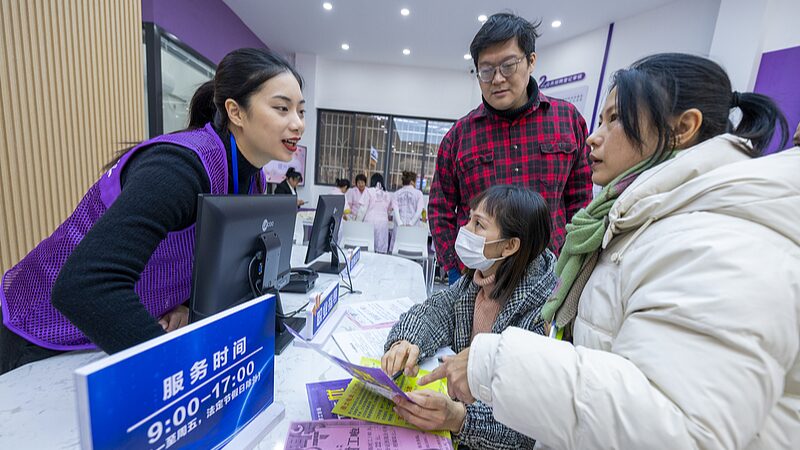As winter approaches, seasonal shifts in mood are drawing attention to a larger crisis: China's accelerating efforts to address mental health challenges affecting over 95 million residents. New government initiatives aim to strengthen support systems nationwide, particularly for youth grappling with academic pressures and urban stressors.
Recent data reveals 17.5% of Chinese children and adolescents show psychiatric conditions, with depression and anxiety affecting 3% and 4.7% respectively. While suicide rates have declined by 30% since 2002 according to WHO reports, mental health remains a priority under China's Healthy China 2030 blueprint.
The government has established 5,267 mental health institutions and trained over 50,000 psychiatrists since 2015. Mobile counseling platforms and AI-driven diagnostic tools now reach rural areas through partnerships with tech giants like Tencent Health.
"Urbanization creates unique pressures," explains Beijing-based psychologist Dr. Li Wei. "We're seeing increased demand for workplace stress management programs and family counseling services."
As part of recent reforms, 24/7 crisis hotlines now operate in 89 cities, while schools implement mandatory mental health education. The moves align with WHO recommendations to integrate psychological services into primary healthcare by 2025.
Reference(s):
cgtn.com








